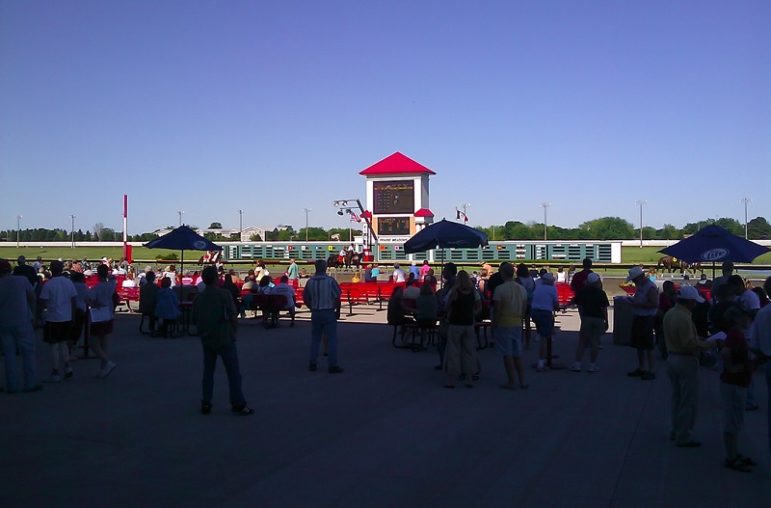
May 21, 2016; Des Moines Register
NPQ has been following the continuing story of Prairie Meadows Racetrack and Casino in Iowa and its recent struggles to maintain its IRS tax-exempt status. After an investigation, the IRS concluded last week that Prairie Meadows is operating as a commercial enterprise, not as a 501(c)(4) nonprofit and, therefore, will lose its tax exemption. The casino, of course, plans to challenge the IRS’s ruling, and the litigation is likely to take years to resolve.
Prairie Meadows received its tax-exempt recognition and has been in operation since 1989. It started as an unprofitable horse race track, but morphed into a profitable casino with off-track betting (OTB) options and a hotel and conference center. Although the IRS was not specific in its reasoning for challenging Prairie Meadows’s tax exemption, gambling as a primary activity is suspected to figure prominently in the decision.
Sign up for our free newsletters
Subscribe to NPQ's newsletters to have our top stories delivered directly to your inbox.
By signing up, you agree to our privacy policy and terms of use, and to receive messages from NPQ and our partners.
Coupled with its services looking a lot like similar for-profit casinos and hotel/convention centers, Prairie Meadows’ status as a tax-exempt nonprofit certainly looks suspect. But there’s another side to the story, which may also help explain how it acquired its tax exemption in the first place and maintained it for more than 25 years. The original racetrack was established, and later changes were made, specifically to further its mission to benefit area local and state governments. In 2013 alone, Prairie Meadows provided $21 million in support, two-thirds of it to Polk County, the city of Des Moines, and the city of Altoona. Most of the rest went to local public school districts.
The IRS recognizes a 400-year tradition in English common law that organizations founded to “lessen the burdens of government” serve a “public benefit purpose” and are eligible for tax-exempt recognition. Prairie Meadows was established by Polk County as a supplemental way to support its residents. In fact, a timeline in the article shows that Polk County negotiated a settlement with the state’s Racing and Gaming Commission in 1997, settling allegations that the county was, in effect, running Prairie Meadows and not permitting Prairie Meadows’s nonprofit’s leadership sufficient authority.
Prairie Meadows is one of only two nonprofit casinos in the U.S., according to the article, so the IRS’s decision and the casino’s appeal may not appear to have broad applicability. However, many charities including gaming as a significant activity in their fund development, and many governments sponsor the formation and operation of nonprofits to further governmental policy. When a final decision on Prairie Meadows is ultimately reached, how that decision is structured and stated may affect other nonprofits and public-private partnerships.—Michael Wyland











